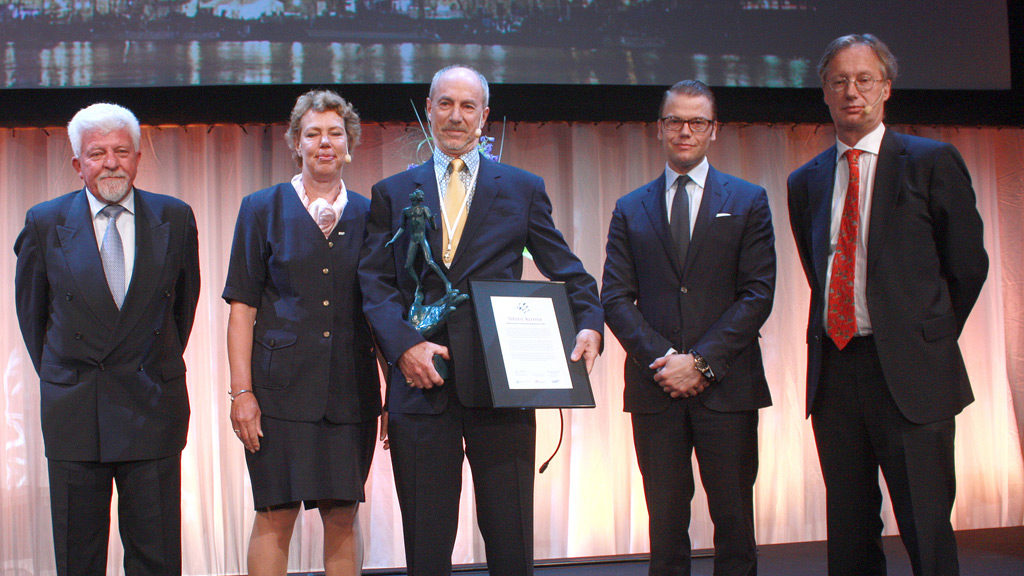USA, Carnegie Mellon University

For his significant contributions to our understanding of the role of new firm entry in innovation and economic growth.
Motivation
Steven Klepper has made significant contributions to our understanding of the role of new firm entry in innovation and economic growth. His work is theoretical and integrative, firmly rooted in empirical observation of historical innovative processes, focusing on explaining “empirical regularities.” Klepper’s work integrates elements of traditional neoclassical models with evolutionary theory, bridging some of the gaps between neoclassical and evolutionary theory and between entrepreneurship research and mainstream economics.
In looking at the evolution of industries, Klepper explores regularities in the time paths of entry of new producers, exit of incumbent firms, industry output and price, and the rate of product and process innovation. To explain these regularities, he develops theories that feature differences in firm capabilities and the advantages of large firms in appropriating the returns from their innovative efforts. The theories are also used to explain differences in firms’ innovative efforts, the composition of their innovative effort and their innovative success.
His work is founded on systematic longitudinal empirical analyses requiring massive, detailed, and painstaking collections and analyses of historical data on firm entry, exit, size, location, distribution networks, and technological choices. The focus is on the function of new firms in industrial growth as well as the background and heritage of new entrants, particularly as reflected in spinoffs from existing firms.
Titles, dates and places given above refer to the time of the Award.
Documents
Steven Klepper SBEJ Presentation Article.pdf
Steven Klepper Biography.pdf
Steven Klepper Prize Lecture.pdf
